Filter staff:
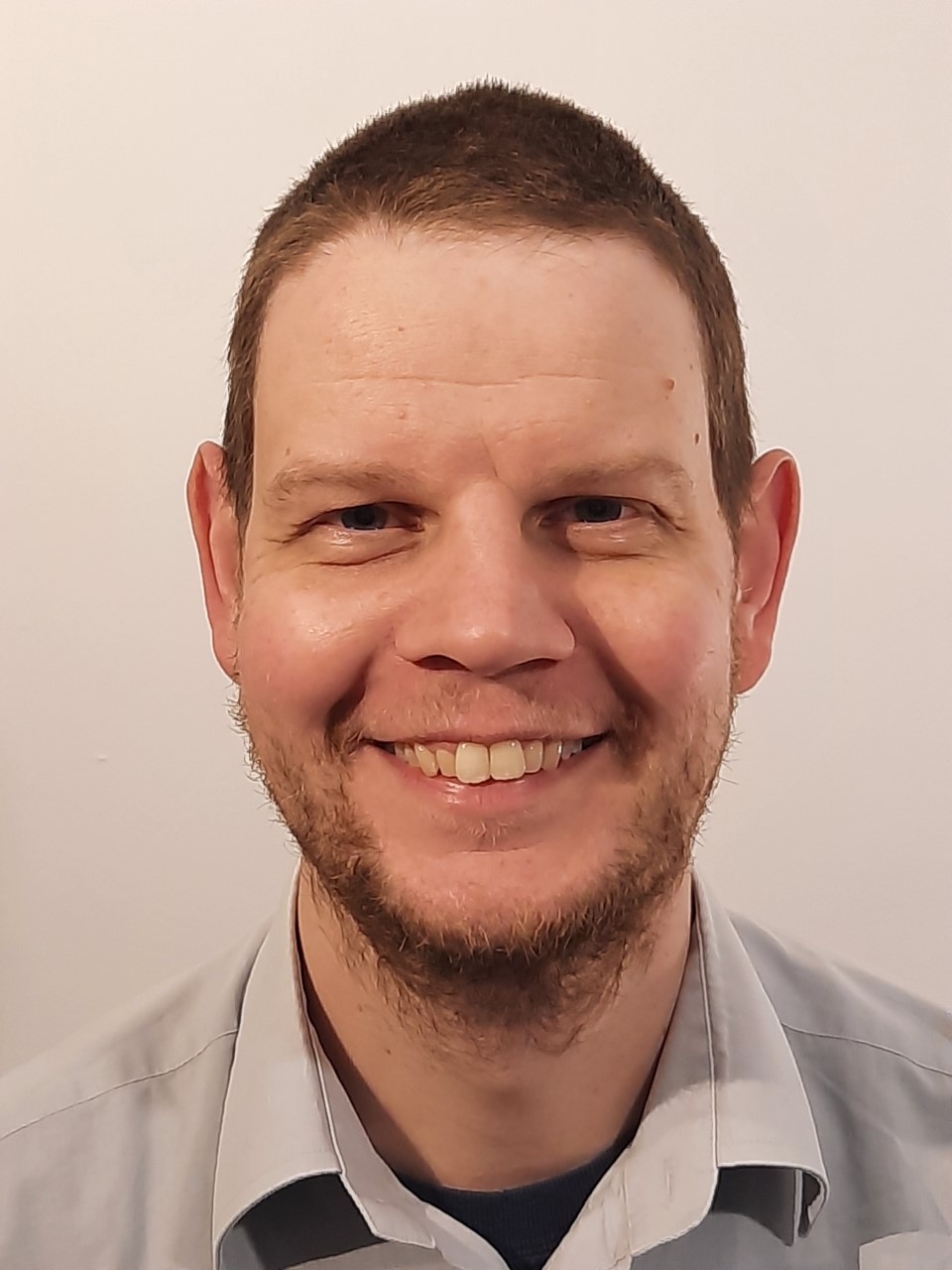
Dr Mike Brownnutt
Research Associate

Dr Mike Brownnutt
Research Associate
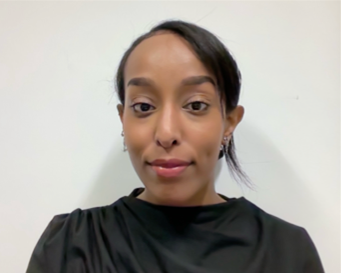
Dr Mona Suleiman
Post Doctoral Research Associate

Dr Mona Suleiman
Post Doctoral Research Associate
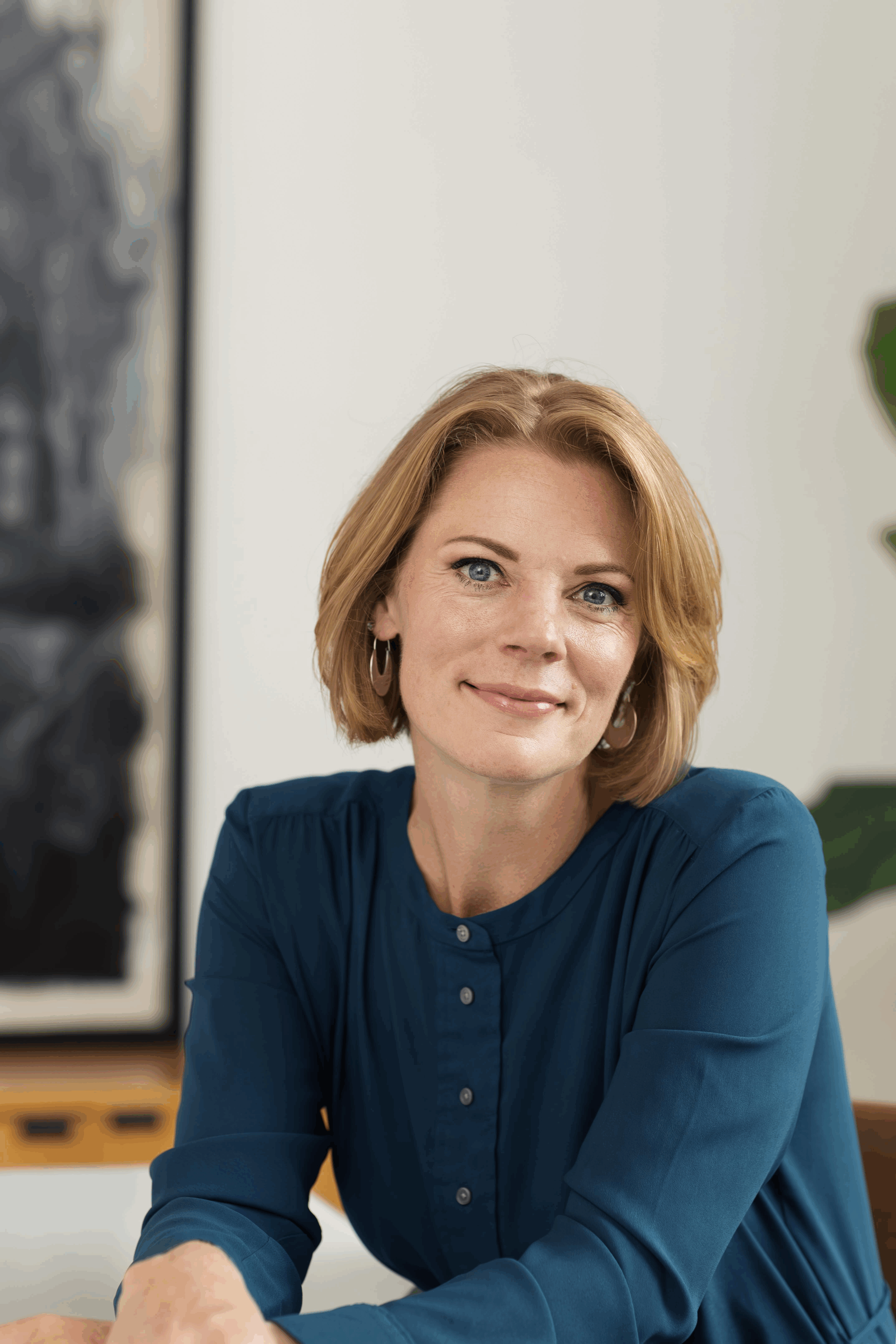
Dr Nancy Michael
Research Associate

Dr Nancy Michael
Research Associate
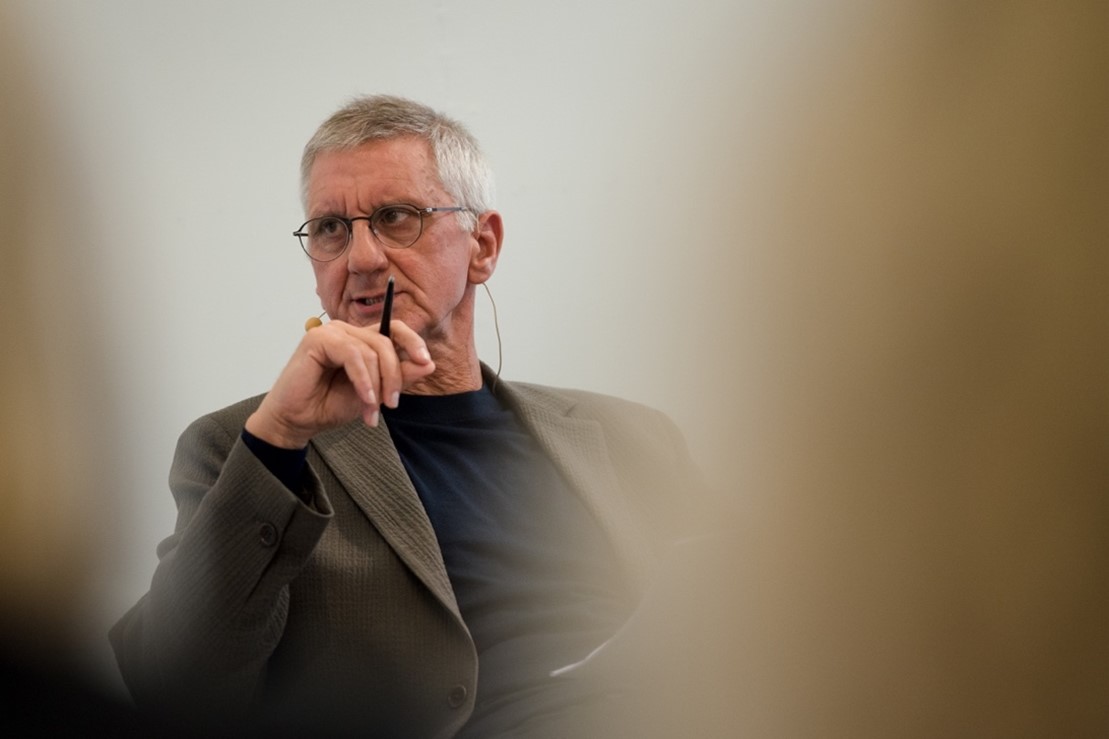
Dr Neville Bolt
Visiting Scholar

Dr Neville Bolt
Visiting Scholar
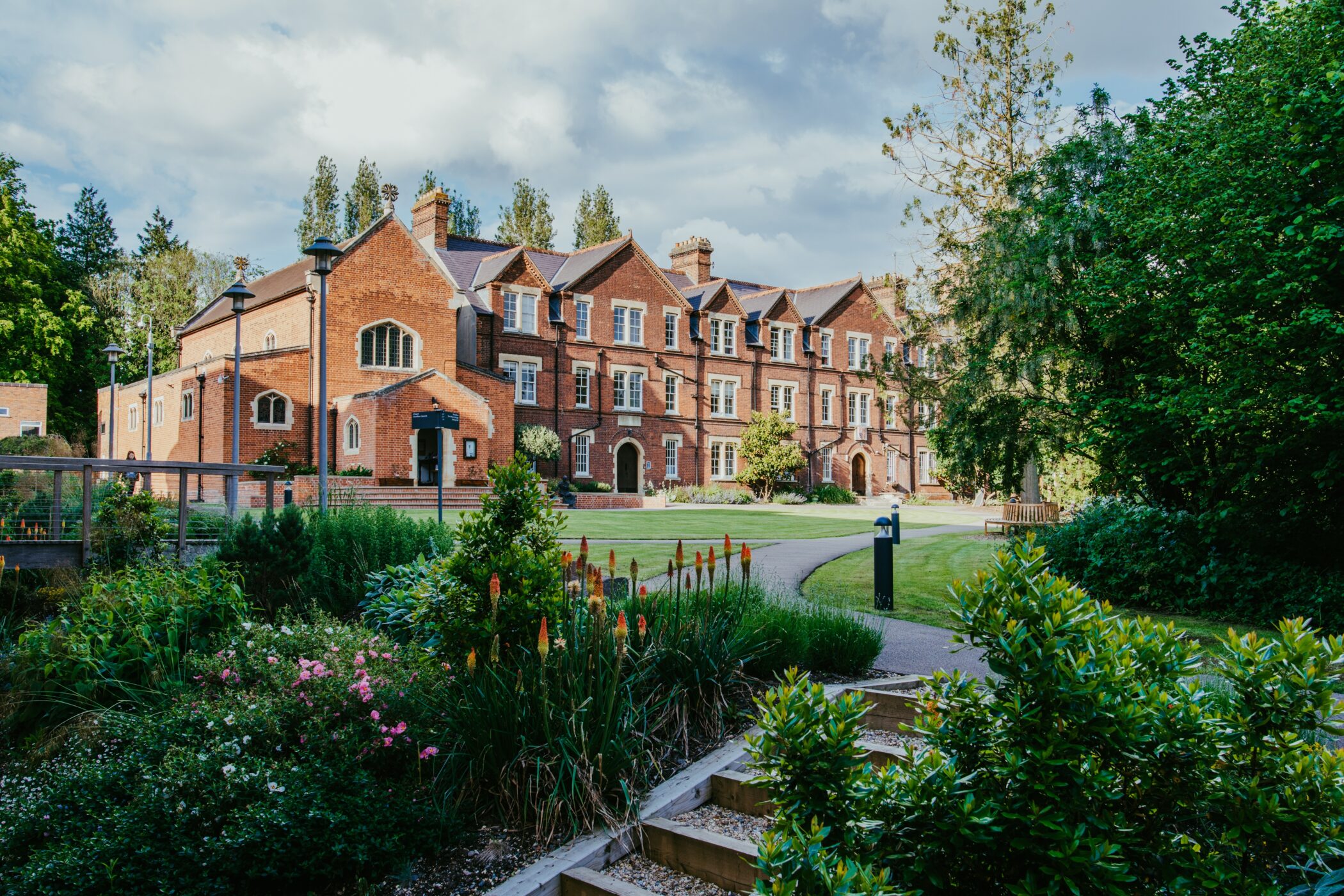
Dr Oliver Coates
Director of Studies, Tutor and Bye-Fellow

Dr Oliver Coates
Director of Studies, Tutor and Bye-Fellow
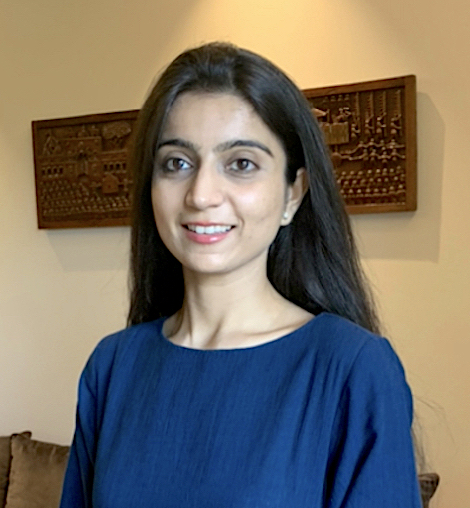
Dr Parul Bhandari
Bye-fellow, Director of Studies and Tutor

Dr Parul Bhandari
Bye-fellow, Director of Studies and Tutor
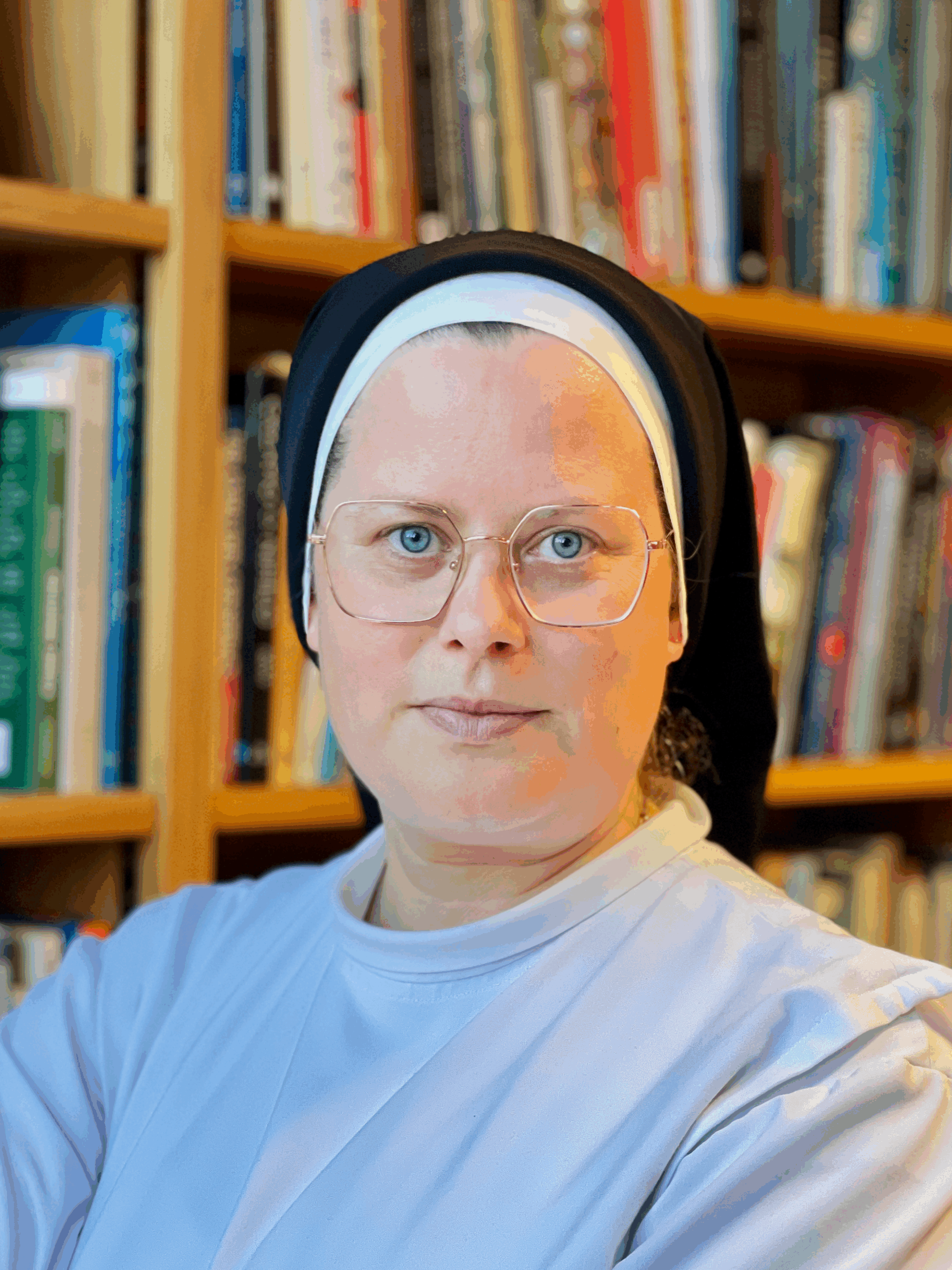
Dr Pavlína Kašparová
Post Doctoral Research Associate

Dr Pavlína Kašparová
Post Doctoral Research Associate
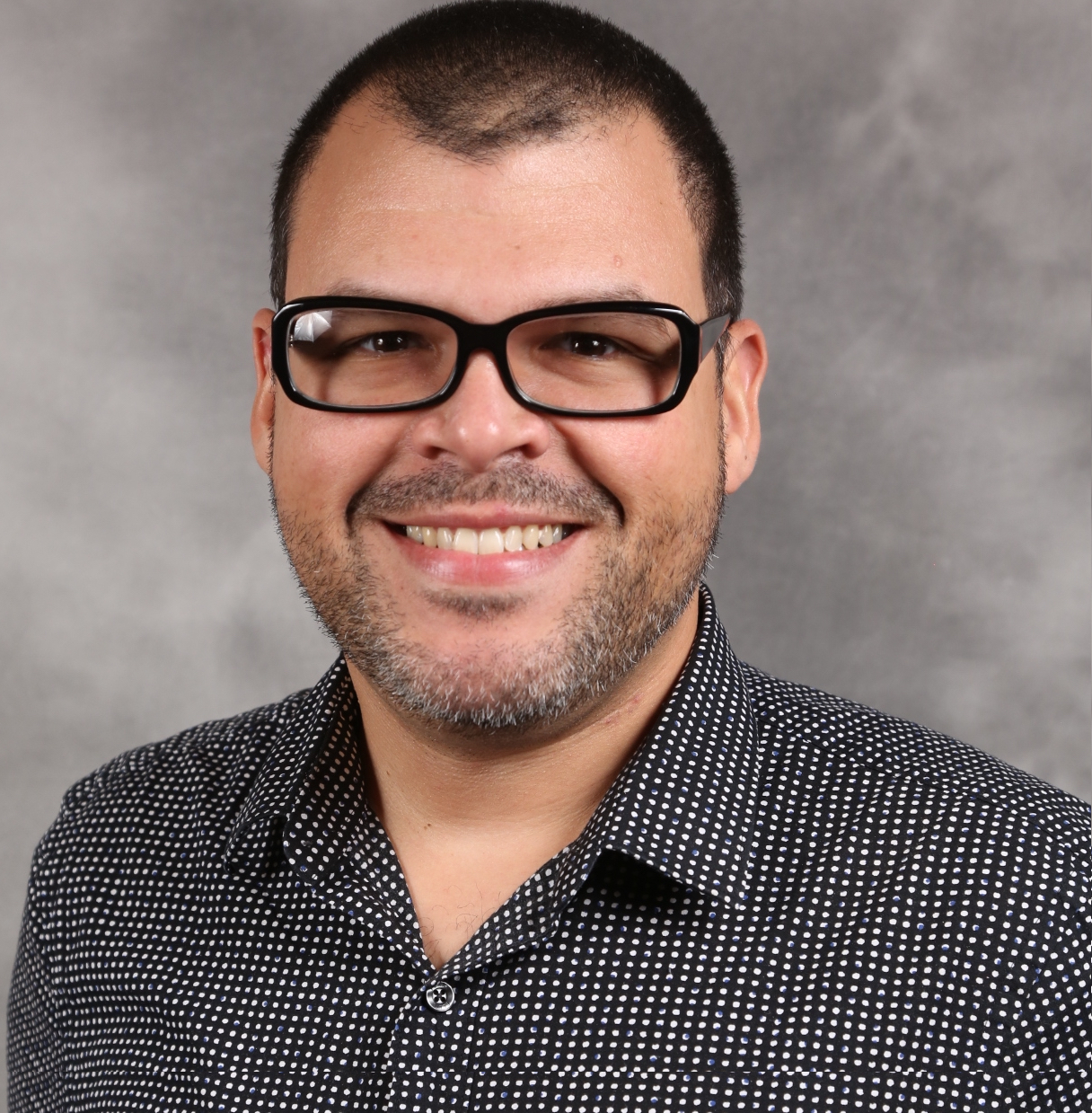
Dr Pedro Juan Rivera Torres
Bye-Fellow

Dr Pedro Juan Rivera Torres
Bye-Fellow
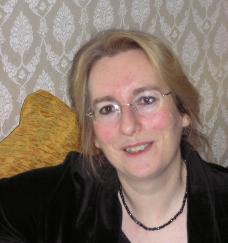
Dr Petà Dunstan
Emeritus Fellow

Dr Petà Dunstan
Emeritus Fellow
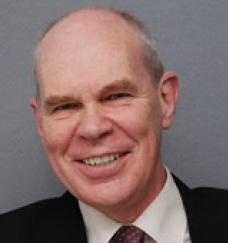
Dr Philip Gardner
Life Fellow

Dr Philip Gardner
Life Fellow
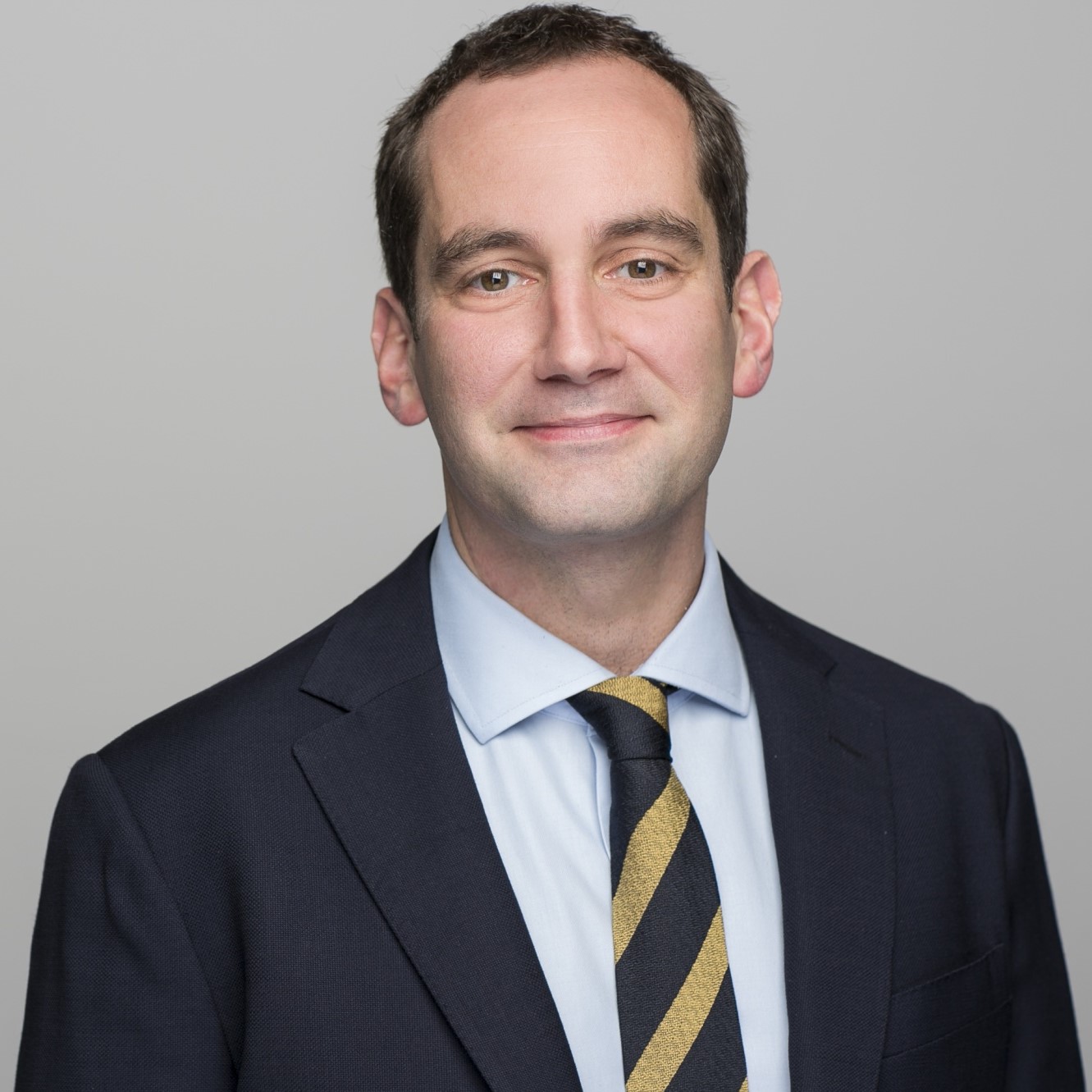
Dr Philip McCosker FRSA
Fellow

Dr Philip McCosker FRSA
Fellow
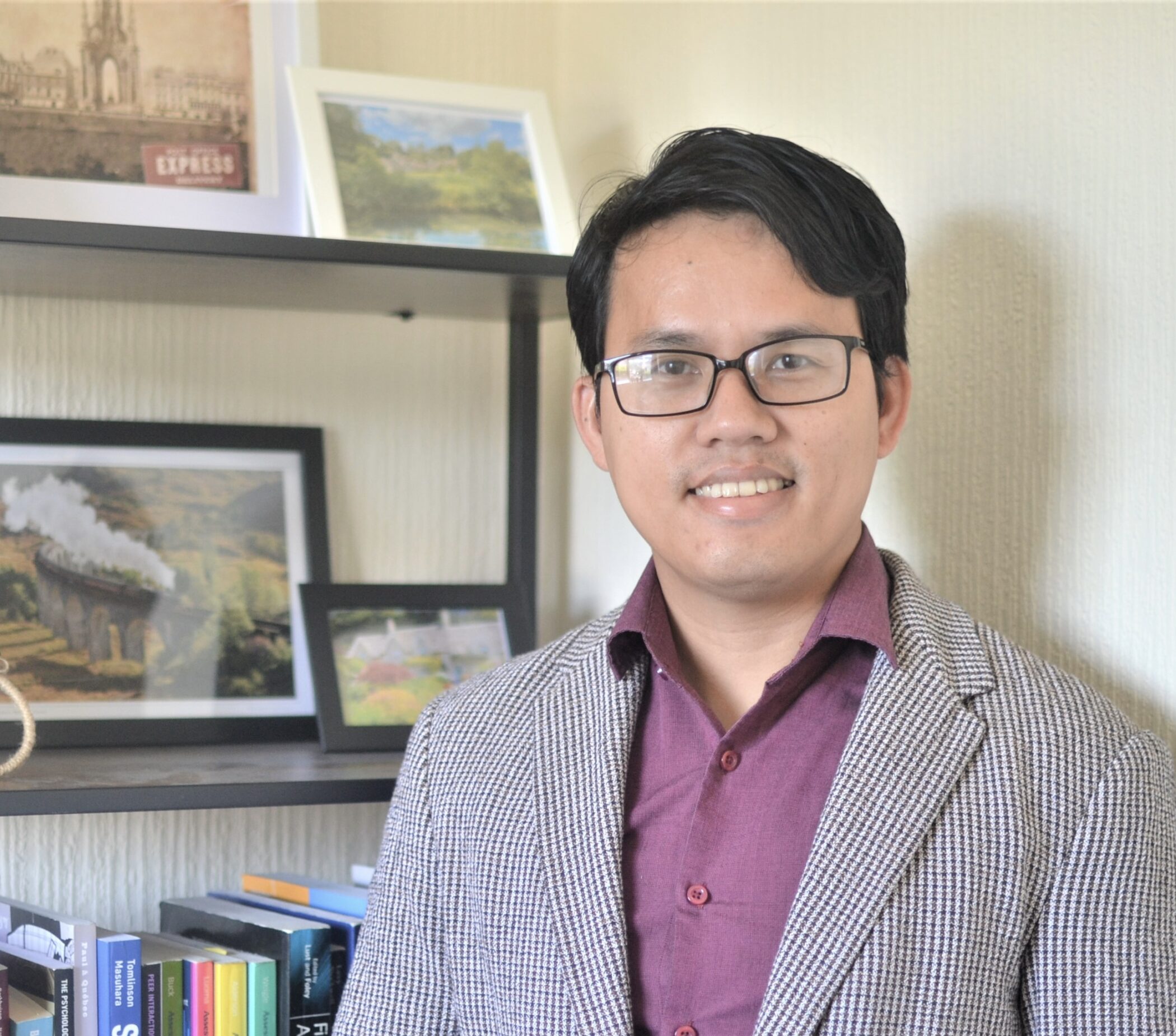
Dr Phung Dao
Tutor and Fellow

Dr Phung Dao
Tutor and Fellow

